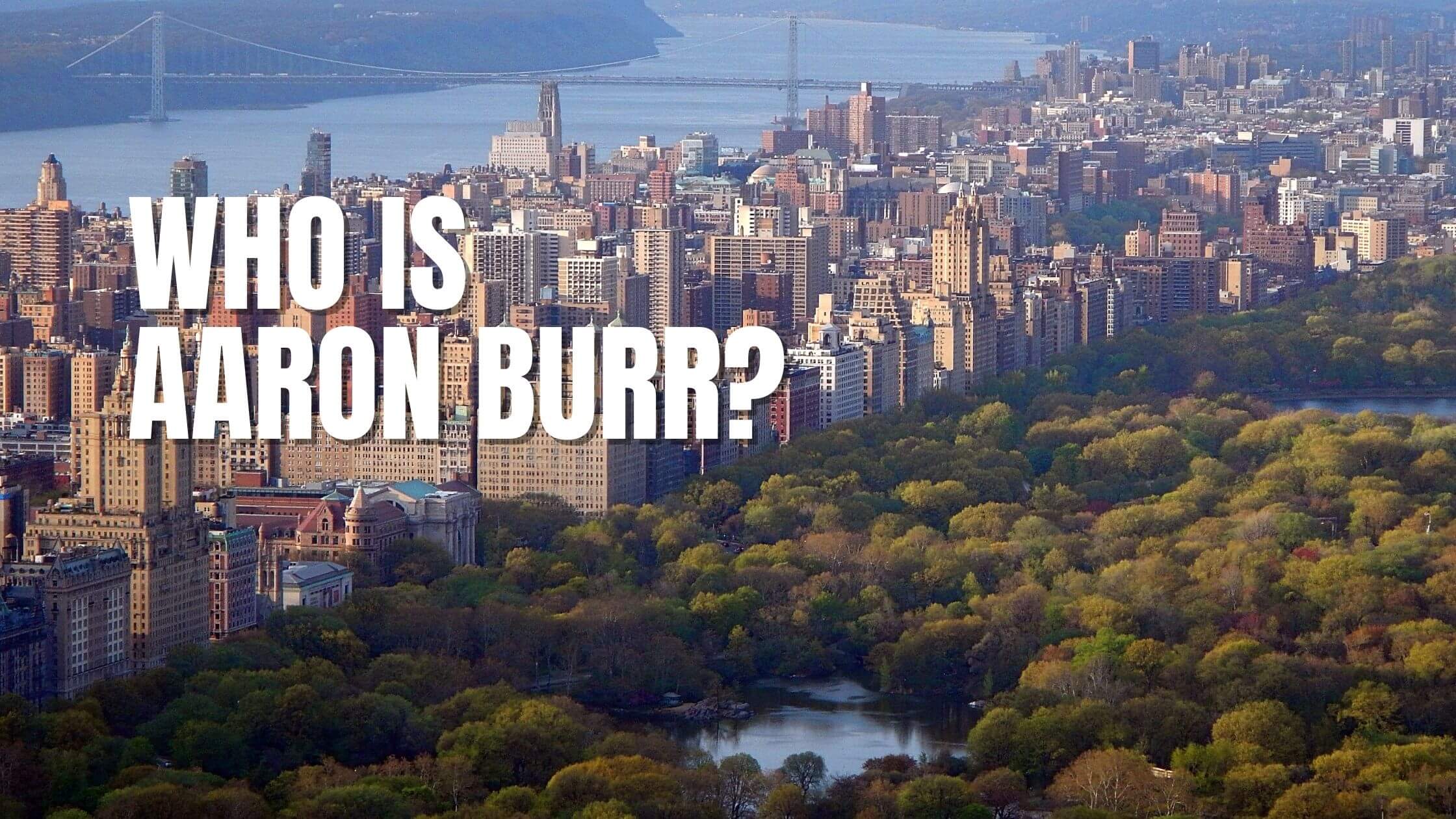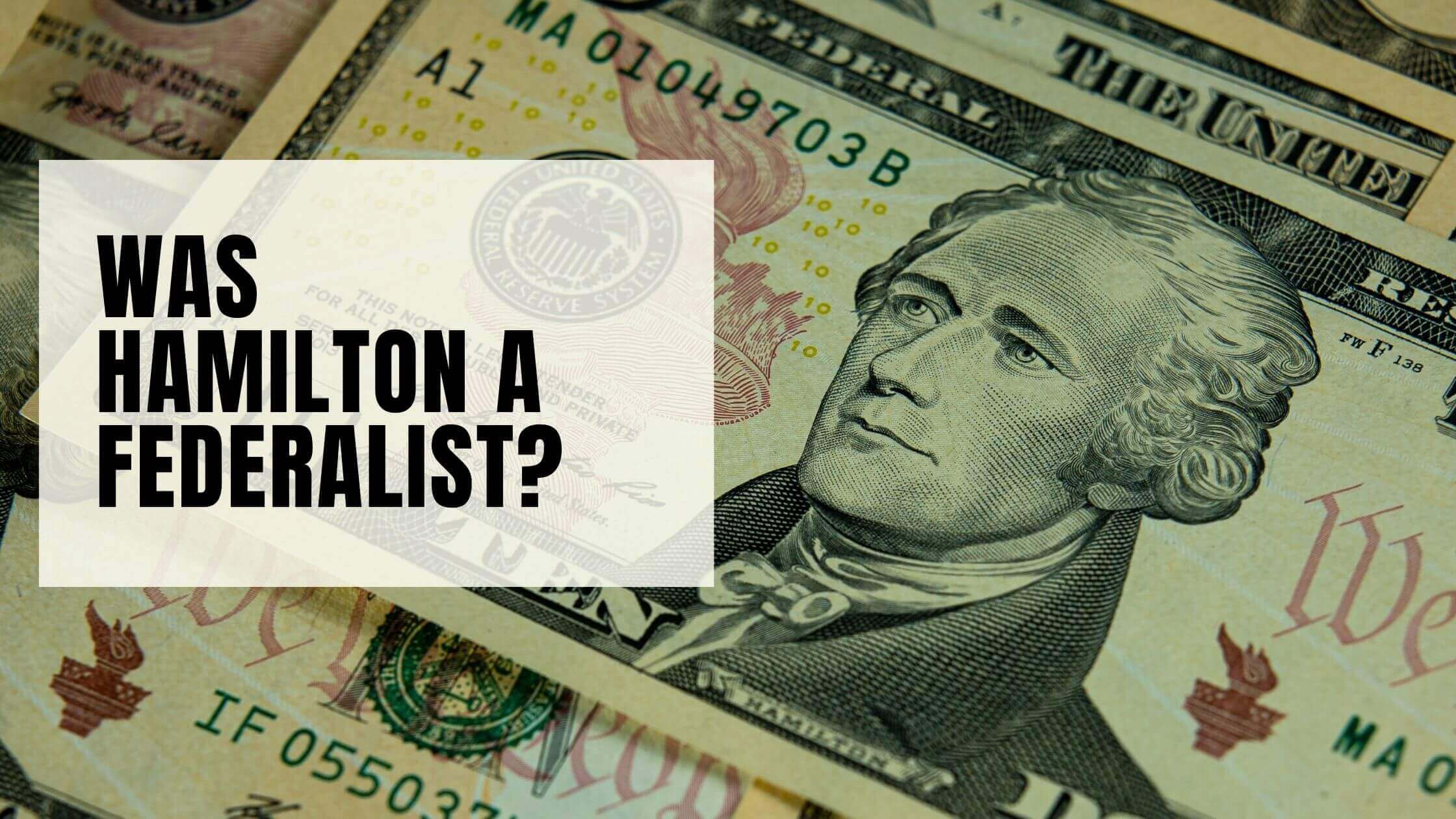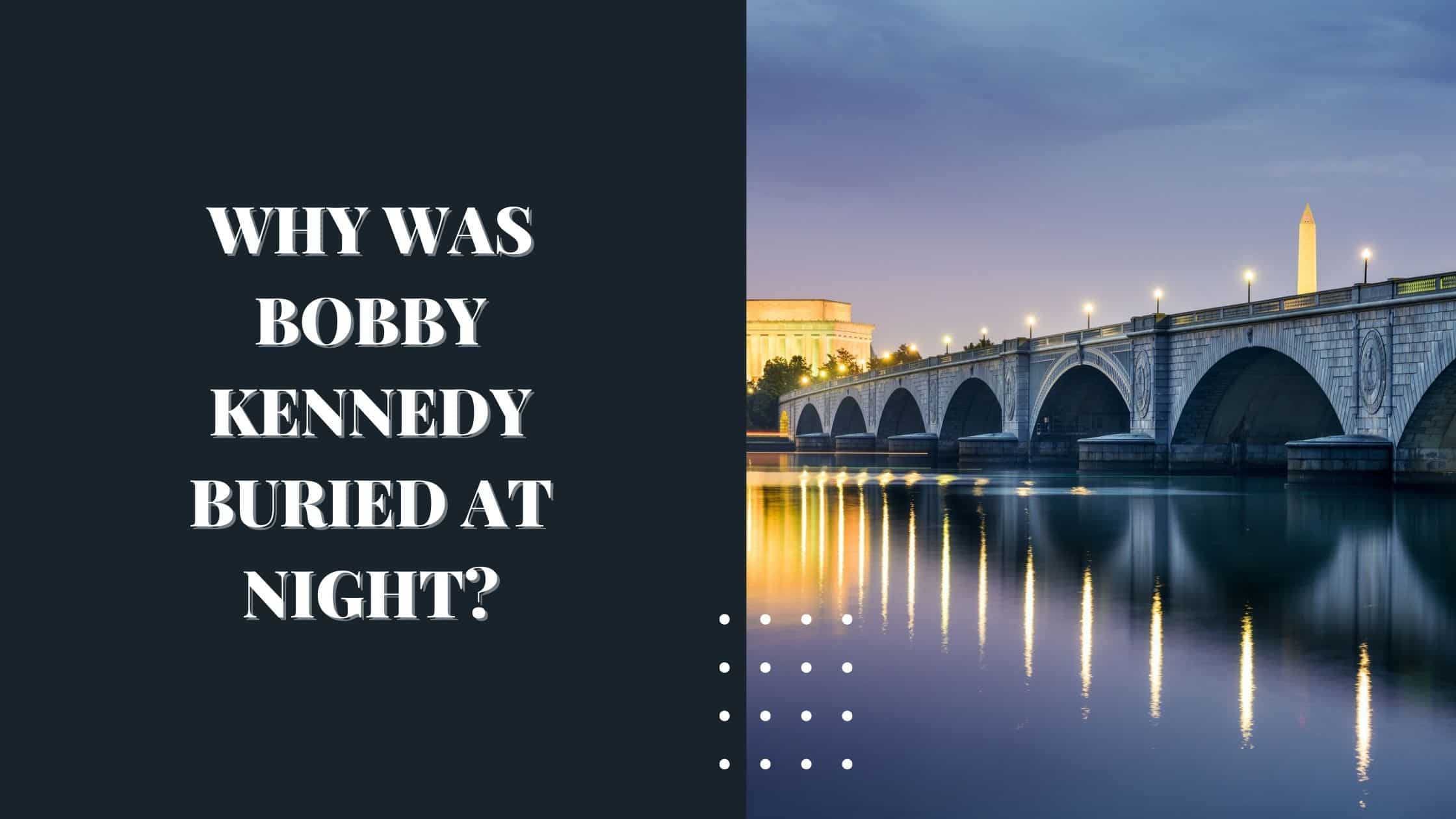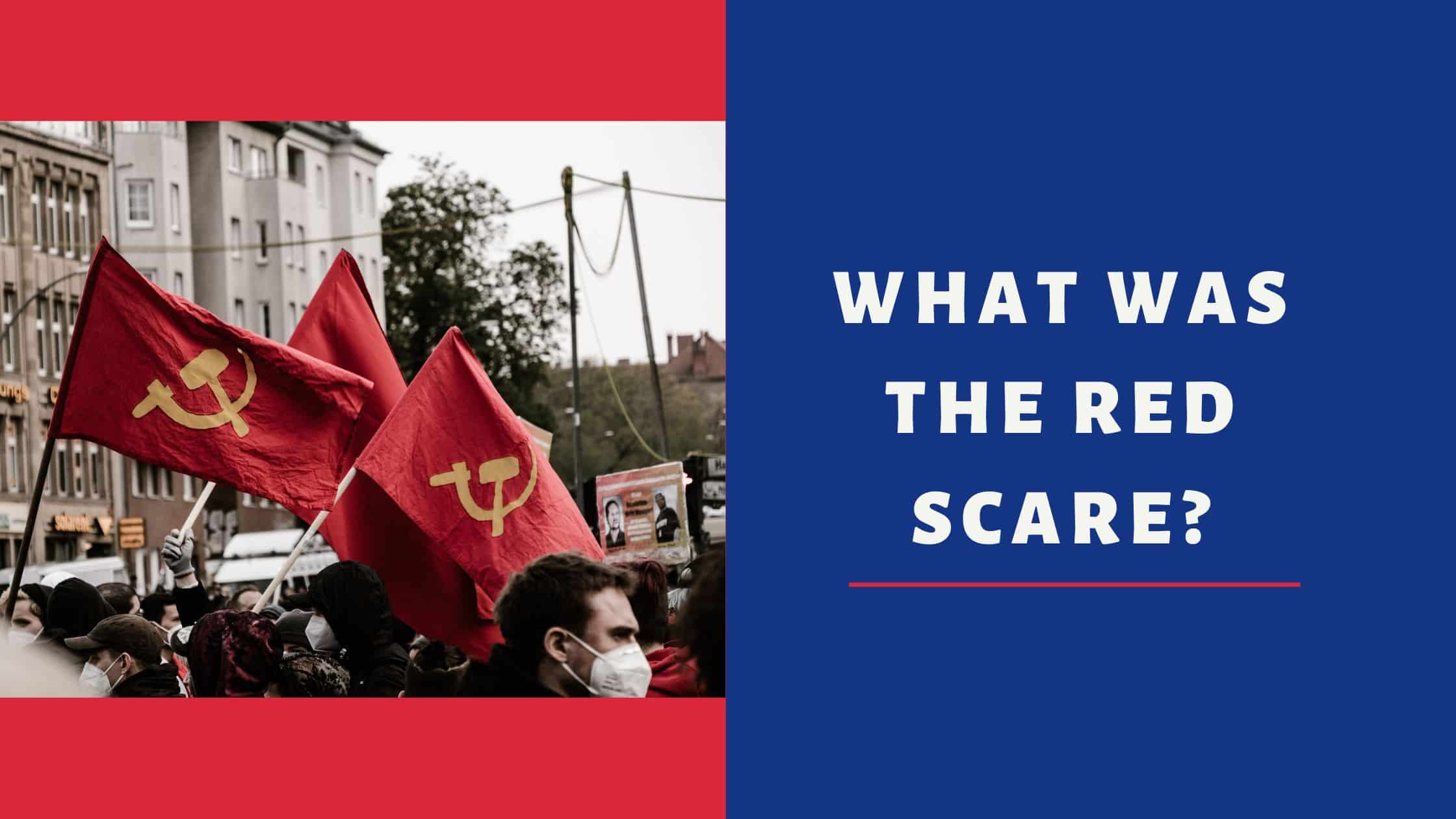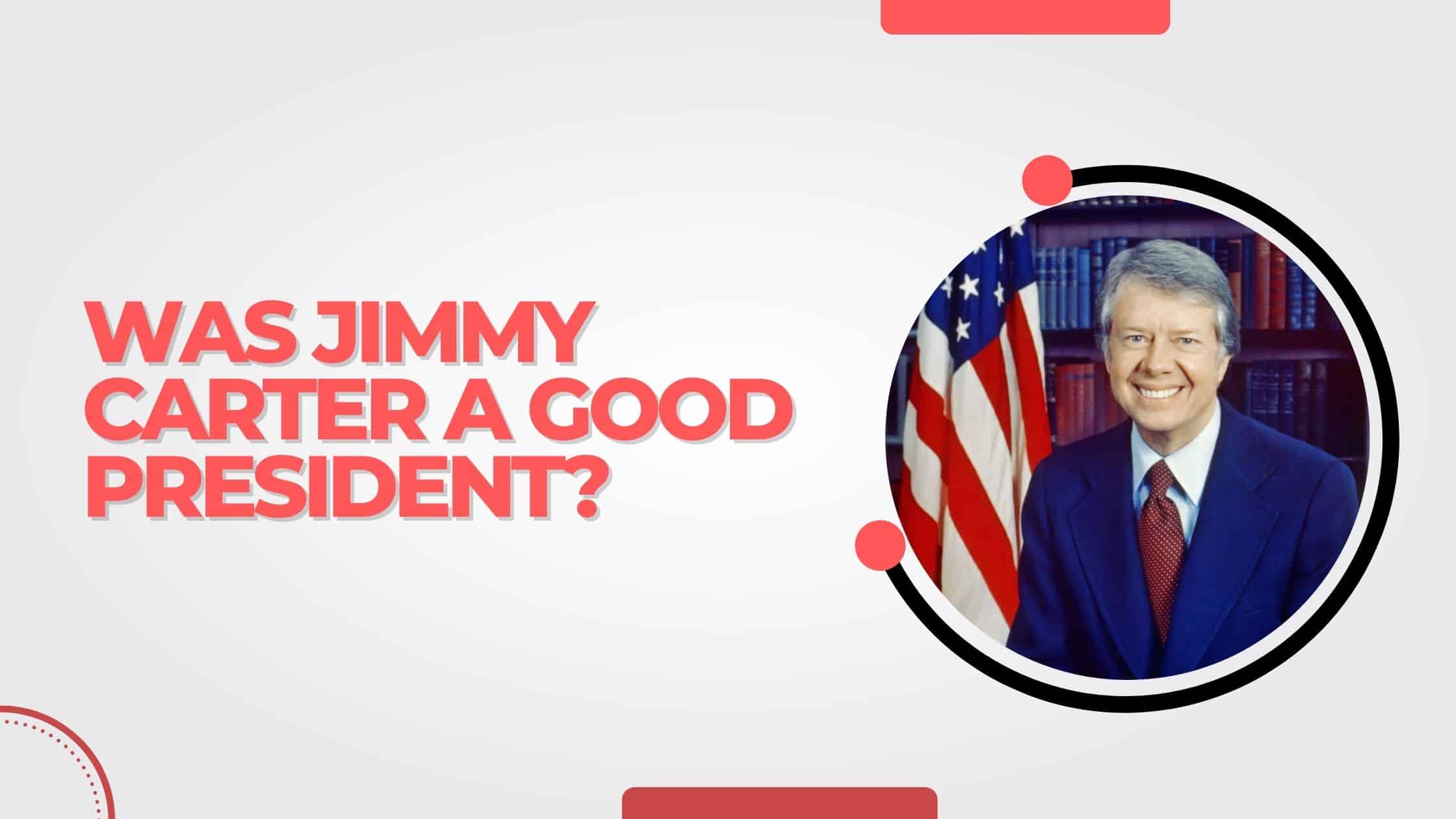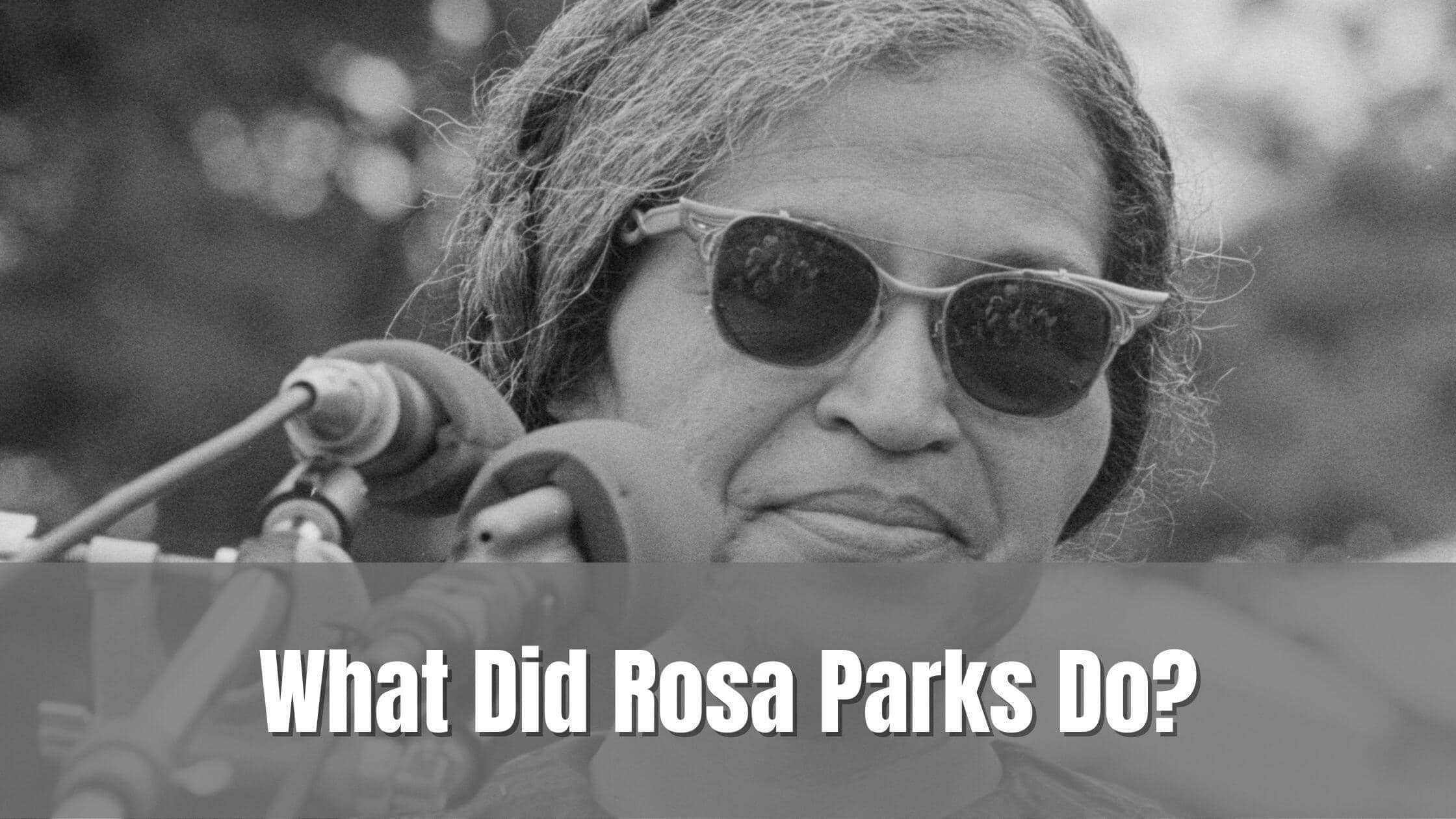Table of Contents
ToggleSources
- https://www.mountvernon.org/library/digitalhistory/digital-encyclopedia/article/patrick-henry/
Mount Vernon's digital encyclopedia is a reliable source for information on Founding Fathers, including Patrick Henry. It provides detailed information about his roles as a lawyer, politician, and governor, as well as his contributions to the American Revolution. - https://www.britannica.com/biography/Patrick-Henry
Encyclopedia Britannica is a highly authoritative source for biographical information. This entry covers Patrick Henry's life, his political career, and his famous 'Give me Liberty or Give me Death' speech, making it highly relevant to the blog post. - https://www.loc.gov/item/today-in-history/may-29/
The Library of Congress provides historical context and primary sources related to key events in American history. This page includes information about Patrick Henry's role in the Stamp Act and other revolutionary activities. - https://www.nps.gov/people/patrick-henry.htm
The National Park Service (NPS) offers authoritative information on historical figures. This page details Patrick Henry's contributions to the American Revolution, his governorship, and his legal career, aligning well with the blog post's content. - https://www.history.com/topics/american-revolution/patrick-henry
History.com is a reputable source for historical information. This article covers Patrick Henry's famous speeches, his role in the Continental Congress, and his influence on the American Revolution, all of which are key points in the blog post.
Key Points
- Patrick Henry was a Founding Father of the United States and served twice as Governor of Virginia (1776-1779 and 1784-1786).
- He was a delegate at the First and Second Continental Congress and helped write the Petition to the King and approved the Continental Association.
- Despite lacking formal education, Henry became a successful lawyer and politician, gaining notoriety through his public speaking.
- Henry played a key role in the Virginia Declaration of Rights and the Virginia Constitution during the American Revolution.
- He gained early fame through the Parson's Cause case, where he argued against the abolition of the Two Penny Act.
- Henry opposed the Stamp Act, advocating that colonies should have the sole right to tax themselves.
- He famously declared 'Give me Liberty or Give me Death' at the Second Virginia Convention in 1775, emphasizing the inevitability of conflict with Britain.
- Henry was involved in significant legal cases like Jones v. Walker and Ware v. Hylton, where his oratory skills were highly praised.
- Despite financial struggles in his later years, Henry remained influential in Virginia politics and law.
- He is recognized alongside figures like George Washington and Thomas Jefferson as a key Founding Father of the United States.
Summary
Patrick Henry was a prominent Founding Father known for his roles as a lawyer, politician, and orator, notably serving twice as Virginia's governor and advocating for colonial rights. He gained fame for his stirring speech ending with "Give me Liberty or Give me Death" and played key roles in events like the Parson's Cause and opposition to the Stamp Act. Despite limited formal education, Henry's legal and political influence left a lasting mark on American independence and early governance.
Patrick Henry served as a lawyer, politician, and speaker during the 18th century and was a Founding Father of the United States. He was also popular for twice serving as the Governor of Virginia – from 1776 to 1779 and 1784 to 1786.
Before his tenure as Governor, Henry was a delegate at the First and Second Continental Congress. While serving at the Continental Congress, he helped write the Petition to the King, which he signed. In addition, he also gave his approval to the Continental Association.
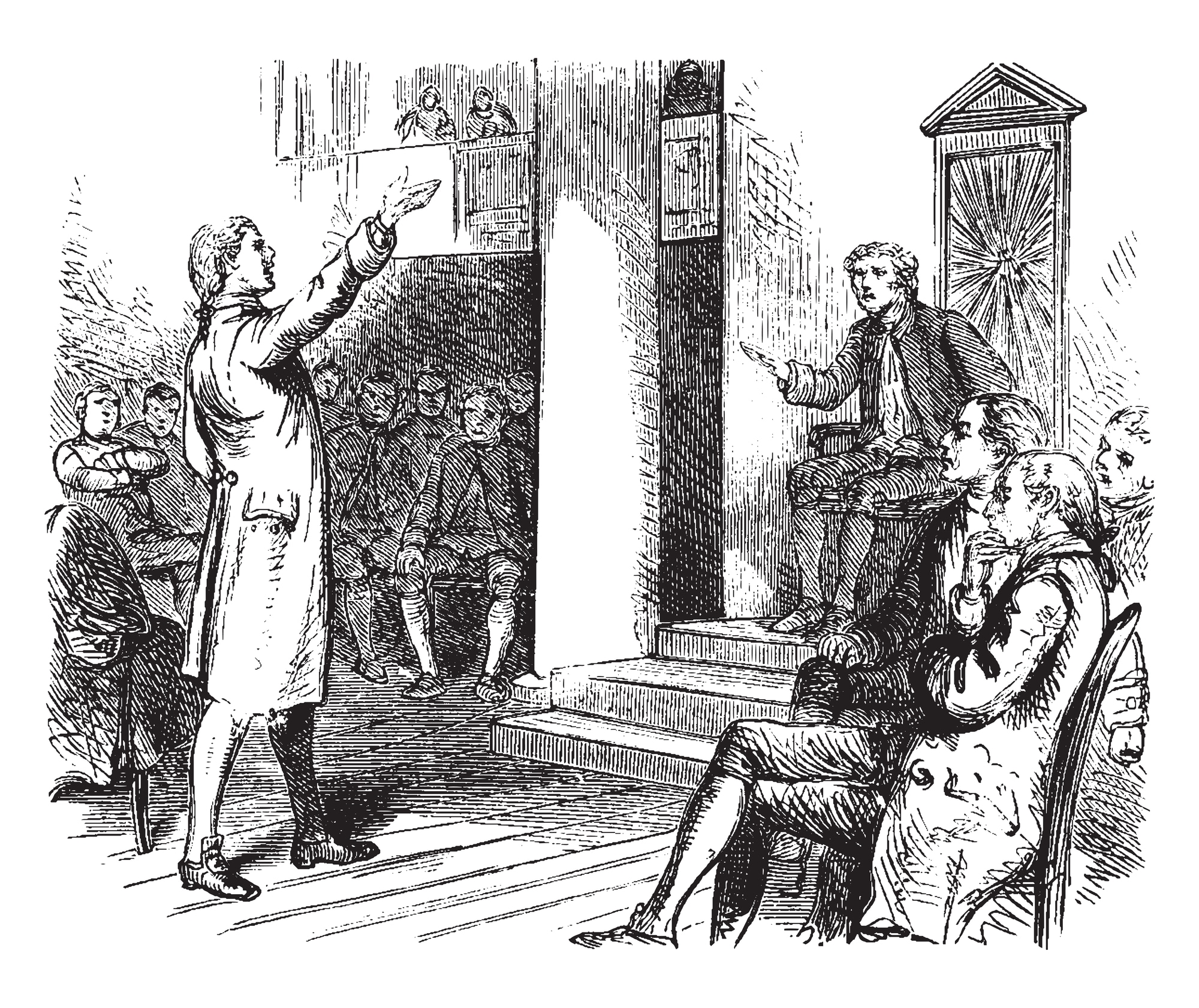
Through his public speaking, he made himself known to the citizens of Virginia. He gained further notoriety as a colonel in the 1st Virginia Regiment that marched on Williamsburg following the Gunpowder Incident early in the Revolutionary War.
This military action was a significant event during the American Revolution.
Henry helped draw up both the Virginia Declaration of Rights and the Virginia Constitution as calls for American independence grew.
Patrick Henry was an Attorney and Politician During the Revolution
Patrick Henry chose law as his subject of study when he attended Hanover Tavern. However, he reported that his studies there ended after just one month, but he still went on to apply to practice as an attorney in 1760.
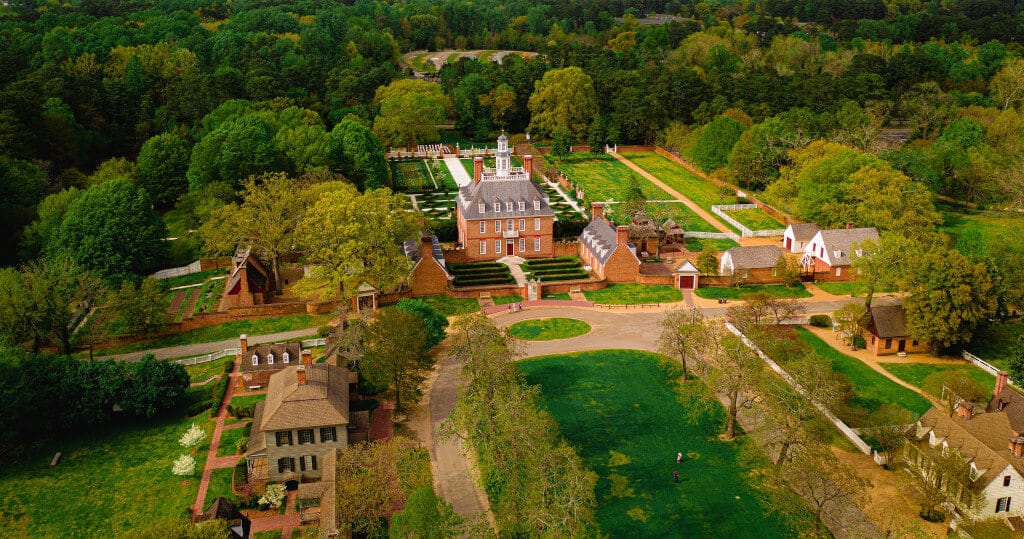
Those overseeing his assessment were convinced that Henry was skilled, even though his education wasn’t up to the usual standard.
The Parson’s Cause
Tobacco costs rose in the 1750s, and as tobacco served as currency at the time, many people struggled to keep their heads above water.
The Two Penny Act was enacted to overcome the problem, whereby debt in tobacco could be relieved through payments of twopence per pound.
Five clergymen applied to be relieved of their debts, but only one case brought by the Revered James Maury was heard.

The case is better known as the Parson’s Cause, and on 1st December 1763, a court hearing took place to attempt to determine damages. Henry’s father was the judge who oversaw the trial.
Whenever the evidence was presented to the court, Henry took the stand and completely avoided talks of damages. Instead, the main point of his discussion was the Two Penny Act. He argued that abolishing such acts would be unlawful.

Get Smarter on US News, History, and the Constitution
Join the thousands of fellow patriots who rely on our 5-minute newsletter to stay informed on the key events and trends that shaped our nation's past and continue to shape its present.
Henry was considered treacherous for his stance. However, the judge allowed him to continue, so he proposed that the damages would be returned by way of a farthing.
The Stamp Act
Henry started gaining traction back in Virginia on the result of the Parson’s Cause, and a following developed.
The Seven Years’ War posed a big problem for the colonies as they found themselves in twice as much debt.
Also known as the French and Indian War to the North Americans, Britain employed tax imposition on the United States colonies to replenish their coffers.
The Stamp Act was enacted in 1765, which sought to improve the nation’s financial position. On 25th May that year, the Stamp Act was officially implemented.
The following day, the Virginia Stamp Act Resolutions were enacted. These confirmed that colonies stood as equal to the British, and the people’s counsel should be the only ones responsible for their own nation’s taxes.
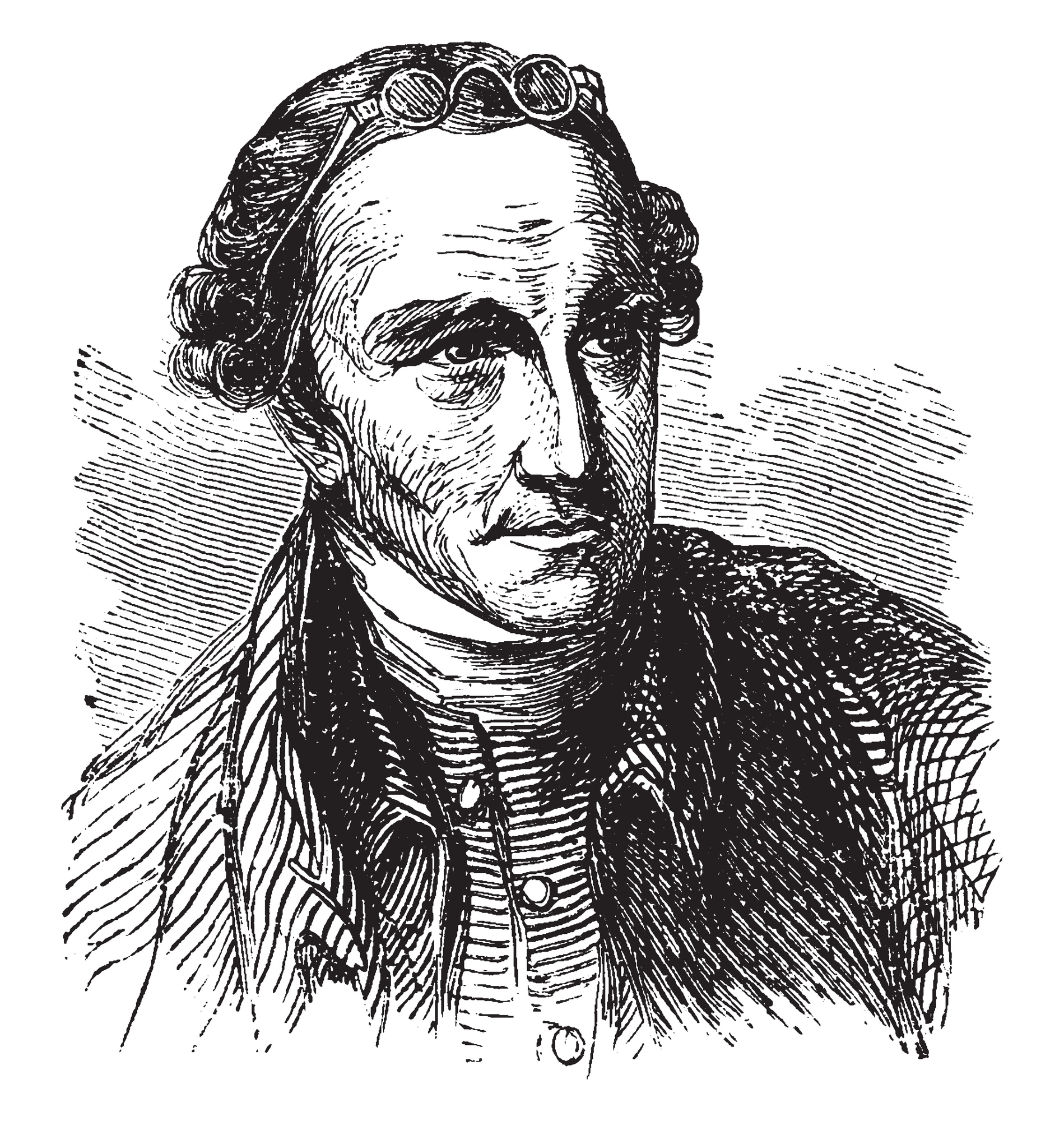
While there are records of the main discussion around Henry’s rebuttal to the Stamp Act’s laws, no word-for-word documents exist. However, it has been passed down as a significant event in history.
Response to the Boston Tea Party
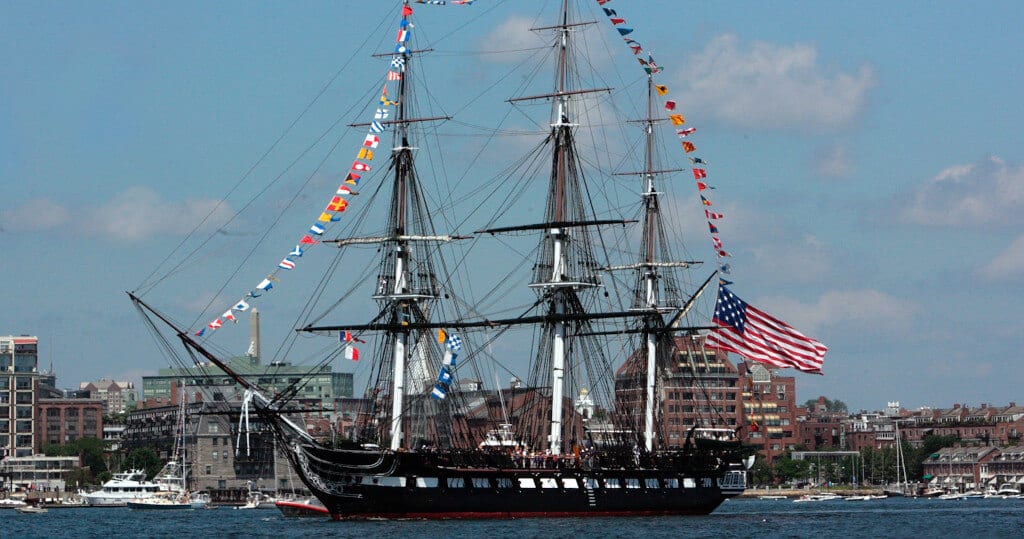
Henry had accepted that battles with Great Britain were to be expected. In 1774, the government voted in favor of closing Boston’s Port following the Boston Tea Party.
Henry took center stage once again. His response to its closing was to fast and pray.
Give Me Liberty or Give Me Death
Henry was made representative of the Second Virginia Convention, which took place at St. John’s Episcopal Church in Richmond in March 1775.
The convention aimed to determine whether it would be appropriate for Virginia to receive a petition sent on behalf of the Jamaican colonies.
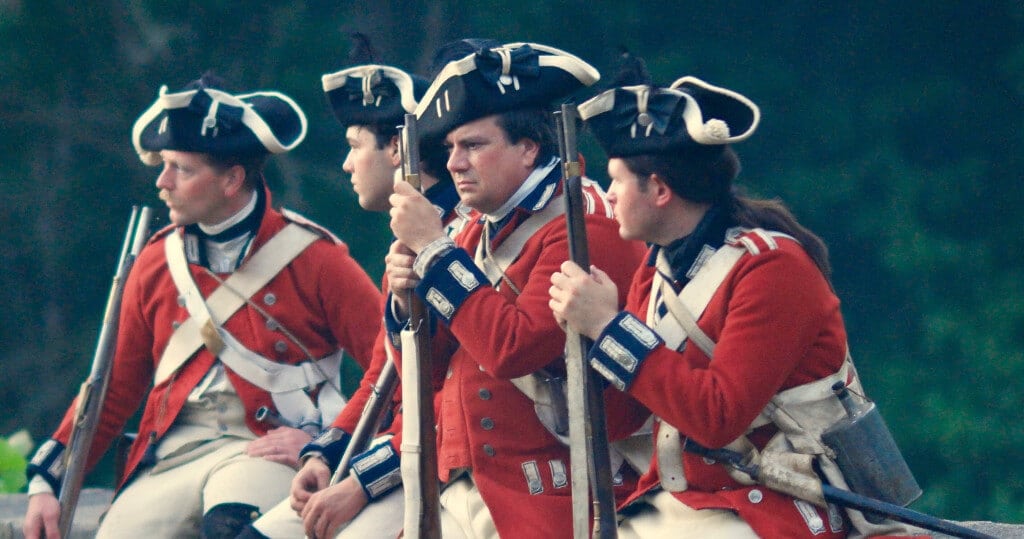
While protestations against British tyranny under King George III were included, they aimed to pursue peace overall.
Henry once more accepted that conflict with Great Britain was inevitable. He delivered his famous statement on 23rd March, which he finished with in closing,
“Give me Liberty or Give me Death.”
Some, however, question what would result from Henry’s statements about certain nations bringing together their troops as the conference closed.
Henry’s Final Years in Politics and Law
Patrick Henry was at the heart of Virginia politics throughout the years, particularly during his time in the Virginia legislature, but in 1790 he fell into debt.
He planned to keep his family’s finances in check through property dealings and law. However, many of his plans in the area of property had not proven to be successful.
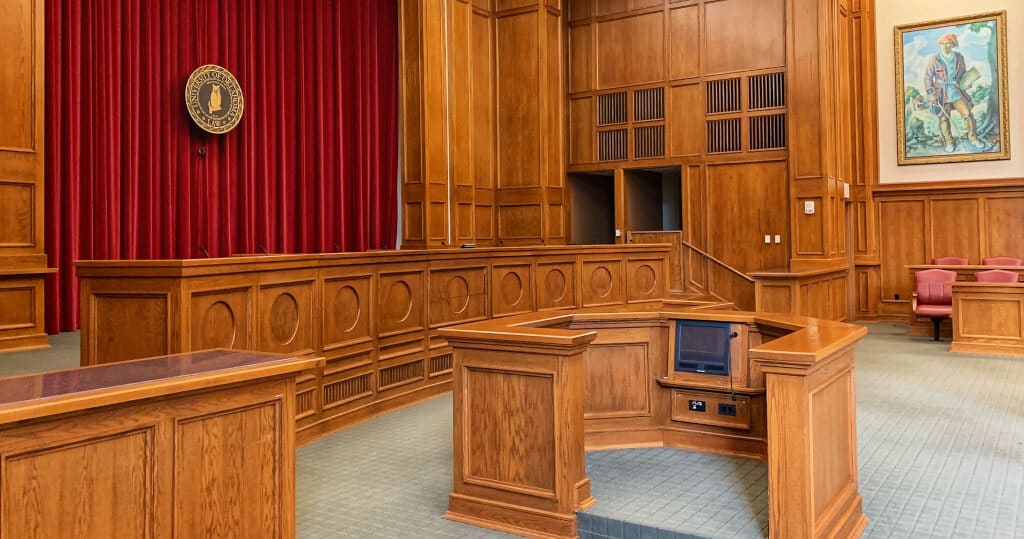
Henry joined the defense team in the Jones v. Walker case in 1791. He stood in defense for three days and was recounted by John Marshall, with whom he shared counsel, as
“a great orator, attorney, thinker, and reasoner. “
However, the case ended unsettled after one of the judges passed away.
In the renowned Ware v. Hylton case, Henry and his counsel stood in front of well-respected judges John Jay, the United States Supreme Court Chief Justice, and Associate Justice James Iredell.
Iredell concluded with a remark very similar to what Marshall had noted previously, that Patrick Henry was a great orator.

Patrick Henry is recognized alongside the likes of George Washington, Thomas Jefferson, James Madison, John Adams, George Mason, and George Wythe as a Founding Father of the United States.
Who Was Patrick Henry? Quiz
Frequently Asked Questions
What roles did Patrick Henry serve during the 18th century?
What was Patrick Henry\'s famous statement during the Second Virginia Convention?
What was the Parson\'s Cause, and how was Patrick Henry involved?
How did Patrick Henry respond to the Boston Tea Party?
What were some of Patrick Henry\'s contributions to the American Revolution?
How useful was this post?
Click on a star to rate it!
Average rating / 5. Vote count:
No votes so far! Be the first to rate this post.
We are sorry that this post was not useful for you!
Let us improve this post!
Tell us how we can improve this post?

